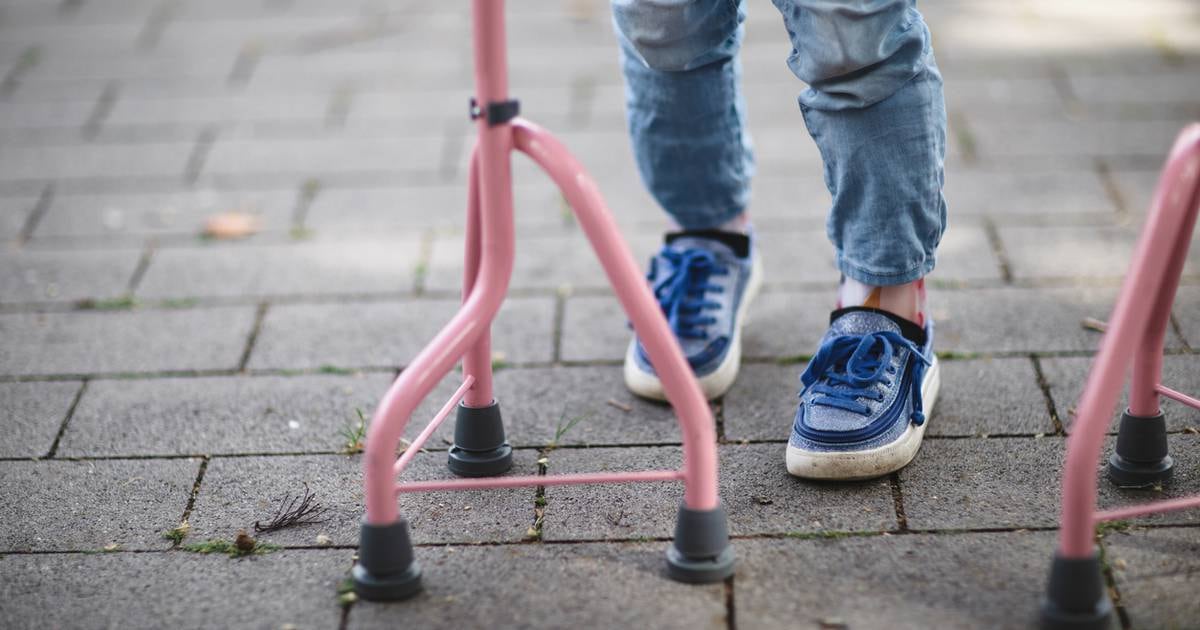The Health Service Executive (HSE) has acknowledged there is a “huge unmet need” as new figures show an increase in the number of people waiting for disability services.
The HSE provided figures to Sinn Féin councillor David Cullinan, showing there were 776 people seeking residential services at the end of 2019. That number rose to 1,296 by mid-2023.
For non-residential services such as personal care, home support services and day respite services, there were 1,117 people on the waiting list in mid-2019. By mid-2023, that number is expected to rise to 2,492.
The ‘point in time’ data comes from the HSE’s Disability Support Applications Management Tool (DSMAT), which provides a list of people who need support. An HSE statement said: “Services are allocated based on greatest need and associated risk factors, so are not a chronological waiting list. Rather, it supports local decision-making processes around the prioritisation of services, subject to budgetary constraints.”
Mr Cullinan said he was “not surprised” by the figures, saying a Department of Health capacity review had “shown that a significant increase in funding is needed”.
While Cullinan welcomed the recent publication of the Disability Services Action Plan 2024-2026, he criticised the lack of multi-year funding commitments.
He said: “The only way people with disabilities can have confidence that they will receive the services they need is if they can see not only a multi-year plan with funding and additional resources, but clear targets set for each year.”
Sinn Féin supported a Yes vote in the rejected care referendum, which would have added language to the constitution recognising family care and saying the state “must endeavour to support it”.
Some critics of the language say it should be expanded to include caregiving in the wider community.
“The referendum gave people their say and there was a very clear and decisive No vote, but one of the clear messages sent by voters to our political system is that we must do more for carers and disabled people,” Cullinan said.
“We recognise that there is currently significant unmet need and projected changes in the size and age structure of the disabled population will result in further unmet need over the next decade,” the HSE said.
The department said the new action plan “aims to provide additional funding for developments that will help build capacity within services, ensuring the benefits of increased funding are felt directly by service users”.
The department also acknowledged that levels of demand for specialised disability services “exceed levels of provision”.
The report said: “It is also true that the recent Budget saw a significant increase in the budget for specialist disability services.
“The 2024 Budget has dedicated an unprecedented €2.9 billion to specialist disability services in 2024 across a wide range of service areas, including residential, respite, children’s services, adult day services, personal assistance and home-based support.”
Regarding Cullinan’s request for multi-year funding, he said, “Currently, there is no formal mechanism in place for providing multi-year funding.”
The ministry gave several examples of the level of services currently being provided, including around 8,400 funded residential service placements and more than three million hours of home support provided to around 7,200 people per year.
Meanwhile, separate figures provided to Mr Cullinan by the HSE show that as of the end of 2023, Assessments of Needs (AONs) under the Persons with Disabilities Act were “late” for 8,893 children.
Some 6,963 children were waiting more than three months for an assessment to determine whether they needed disability, health or education support.
In its response to Mr Cullinan, the HSE said around €11 million had been allocated to address waiting lists for clinical assessments identified through a needs assessment process.
He also said that at a local level the HSE was “taking advantage of time-related savings to source AON assessments for children from the private sector” in the order in which they were entered into the system.
“We need to increase the capacity of child disability network teams to provide both assessments and services,” Ms Cullinan said.
“We also need to strengthen public capacity while also harnessing more private sector capacity to speed up access and reduce waiting lists.”

